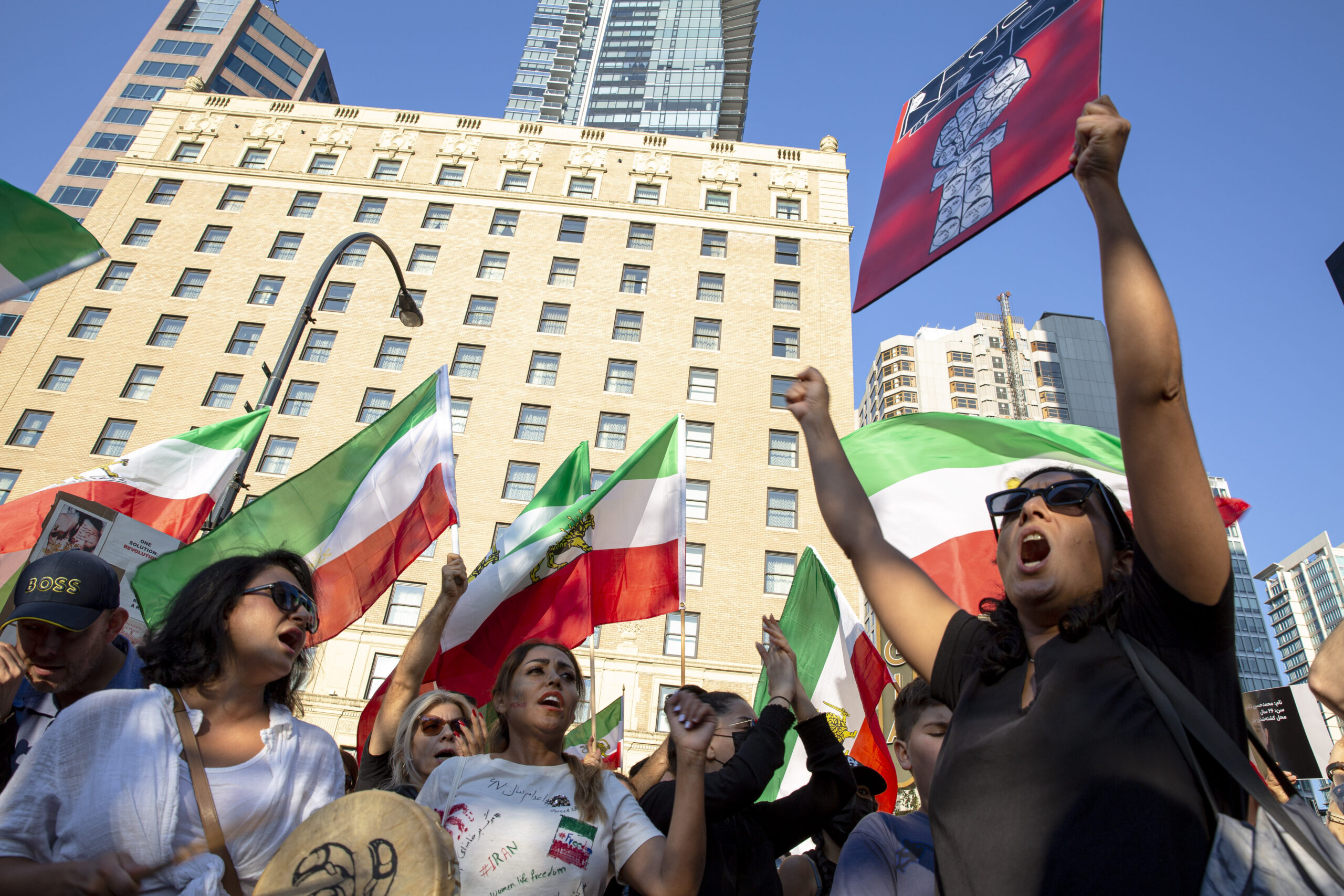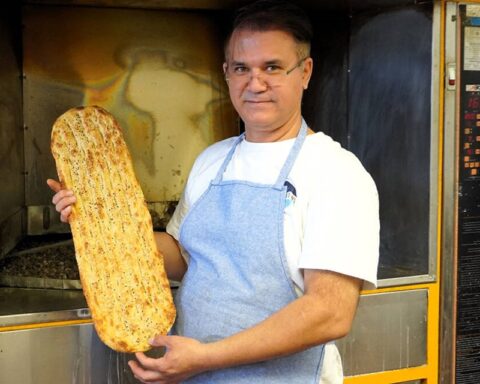Since the Woman, Life, Freedom movement started in Iran in 2022, protesting the death of Mahsa Amini, thousands of protests have taken place across Canada against the Iranian government. After a rally in Toronto in March 2023, new sanctions were imposed on officials from the Iranian regime and the regime’s morality police, raising attention to the influence of the Iranian diaspora in Canada on public opinion and government policy towards Iran.
“The Iranian diaspora community is very diverse, with individuals having significantly different experiences in Iran and Canada,” Aytak Dibavar, an Iranian-Canadian lawyer and an assistant professor in Gender and Social Justice Program at McMaster University said in an email. “This creates different reasons and reasoning for their engagement with what is happening in Iran and their level of mobilization and activism.”
Dibavar cautiously suggests that shared public trauma is the reason behind the activism in the Iranian diaspora.
“There is a shared trauma, known as the collective trauma, a history of shared oppression that unites the community. Although I do not want to reduce everyone’s experience to the same, I can cautiously say that shared public trauma, which varies in significance and impact, is the reason behind the activism in the Iranian diaspora,” she said.
The Canadian government has reacted to this activism during the past months. In September 2022, Canada condemned the detention and apparent killing of Amini by Iran’s Morality Police.
“The first few months of the Women, Life, Freedom revolution and the subsequent months saw a sustained effort by the Iranian diaspora to put pressure on the Canadian political system to take a clear stance on the matter,” Dibavar said. “The efforts have been successful as evidenced by the pressure exerted to impose sanctions on individuals and entities connected to the Islamic Republic of Iran.”
Dibavar highlights the need for sustained activism to ensure that these policies are not just symbolic gestures.
“The pressure to prevent Canada from being a safe haven for the financial transactions of Iranian government officials and their family members, and the recent move to convert visiting and student visas into work permits for Iranians, are clear indications that the steady pressure can result in a significant impact,” she said.
“At the same time, it’s crucial to maintain the political pressure on the Canadian government to add the [Islamic Revolutionary Guard Corps] to the terrorist list and prevent the financial transactions of Iranian officials from being facilitated in Canada.”
These actions are essential steps toward creating a better future for Iran, and it’s necessary to continue pushing for them, Dibavar said.
“Although we all are impatient and want to see the result of what we demand right now, the political processes are often painstakingly slow. The key is to tirelessly persist,” she said.
“There are already groups in the Canadian diaspora demanding funding, space, and platforms from different government and non-government organizations for organizing collectives of activists, experts, scholars, and practitioners with diverse backgrounds to come together and map out the future governance in Iran,” Dibavar said. “These organizations play a vital role in democratic planning and have been active in writing and creating these detailed documentations.
“The future of Iran is not just about what foreign agents do, but also about the ability of Iranians to imagine and plan for their own country’s future,” Dibavar said. “This requires the formation of organizations and collectives that can come together and create effective, detailed plans for what will come after the Islamic regime is gone. This is not just the responsibility of the Iranian diaspora in Canada, but a burden shared by many who live inside and outside Iran.”
A Vancouver B.C based journalist who writes about the Iranian community in Canada, art, culture and social media trends.





